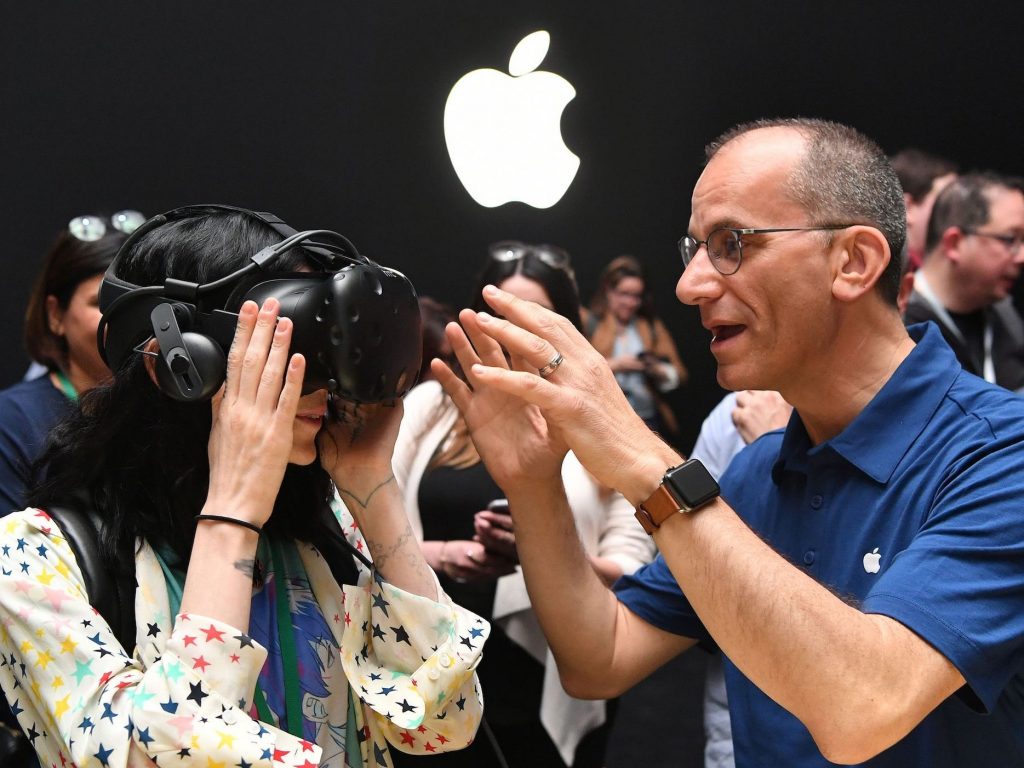- Corporations tied to Apple filed trademarks for "Reality One," "Reality Pro," and "Reality Processor."
- Bloomberg reports that the filings signal what the company could name its unreleased mixed reality headset.
- Apple and Meta are two tech giants vying to get ahead in the so-called metaverse race.
We may have just gotten a hint at what Apple's new product could be called.
According to trademark filings in a number of countries including the US, corporations associated with the company applied for the names "Reality One," "Reality Pro," and "Reality Processor," as Bloomberg reported Sunday.
The filings are registered to a corporation called Immersive Health Solutions LLC which was incorporated in February, the outlet reported. A separate company called Corporation Trust Co. then registered Immersive Health Solutions.
Trademark filings for the name "realityOS" were tied to Apple, a filing that was connected to Corporation Trust, Vox Media product manager Parker Ortolani found in May.
The names were filed in the US, Canada, the UK, and other markets, and the company used local law firms to register the trademarks, like Simpson Grierson in New Zealand, Bloomberg reports. That's the same firm that Apple used to file the name "Apple Sales" there.
Apple did not immediately respond to Insider's request for comment. A company spokesperson declined Bloomberg's request for comment.
Reports surfaced in early 2021 that Apple was developing a mixed reality headset with 12 cameras to track your hand movements and eye-tracking technology. The potential price tag for it was a reported $3,000 and it's nicknamed internally "N301."
The company would use its own M1 chips to power the device, The Information reported in February 2021, and the headset would also come with Lida technology, which also runs Apple's iPhone 12 Pro.
An Apple headset would compete with the likes of Facebook's Oculus Quest and Sony's PlayStation VR as many vie to compete in the metaverse race. Facebook stood up a new parent company called Meta in 2021 to reflect its investment in the new technology, which aims to add spatial awareness to how people connect.
The company's reported AR smart glasses are expected to launch in a few years.

